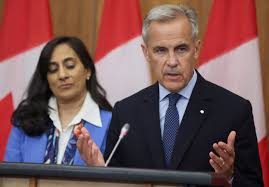Burkina Faso’s transitional government has passed a law banning homosexuality, making it a crime punishable by two to five years in prison along with fines.
The law was unanimously approved by the 71 unelected members of the transitional parliament, which has been in power since the military seized control in 2022 under President Ibrahim Traore. Once signed, the law will take immediate effect.
Justice Minister Edasso Rodrigue Bayala announced on the state broadcaster that those found guilty of homosexual acts would face criminal prosecution. Foreign nationals convicted under the law risk deportation.
The government describes homosexuality as “bizarre behavior” and sees the law as part of wider reforms to family and citizenship regulations, supported by plans for a public awareness campaign.
This legislation marks a significant tightening of anti-LGBTQ+ regulations in Burkina Faso, joining over half of African countries with similar bans.
The nation, known for its conservative and religious values, had previously been among the minority of African countries without laws criminalizing same-sex relationships.
Since the military takeover in 2022, the government claims it aims to stabilize the country amid growing security challenges. However, human rights groups have condemned the regime for harsh crackdowns on dissent and violations of civil liberties.
Burkina Faso’s move follows similar recent laws in neighboring Mali and stricter anti-homosexuality measures in countries like Uganda and Ghana, drawing international criticism for violating human rights and fostering discrimination.
The new law also restricts legal protections in nationality cases and could have far-reaching effects for LGBTQ+ individuals in Burkina Faso. Rights advocates are expected to oppose these developments strongly.



